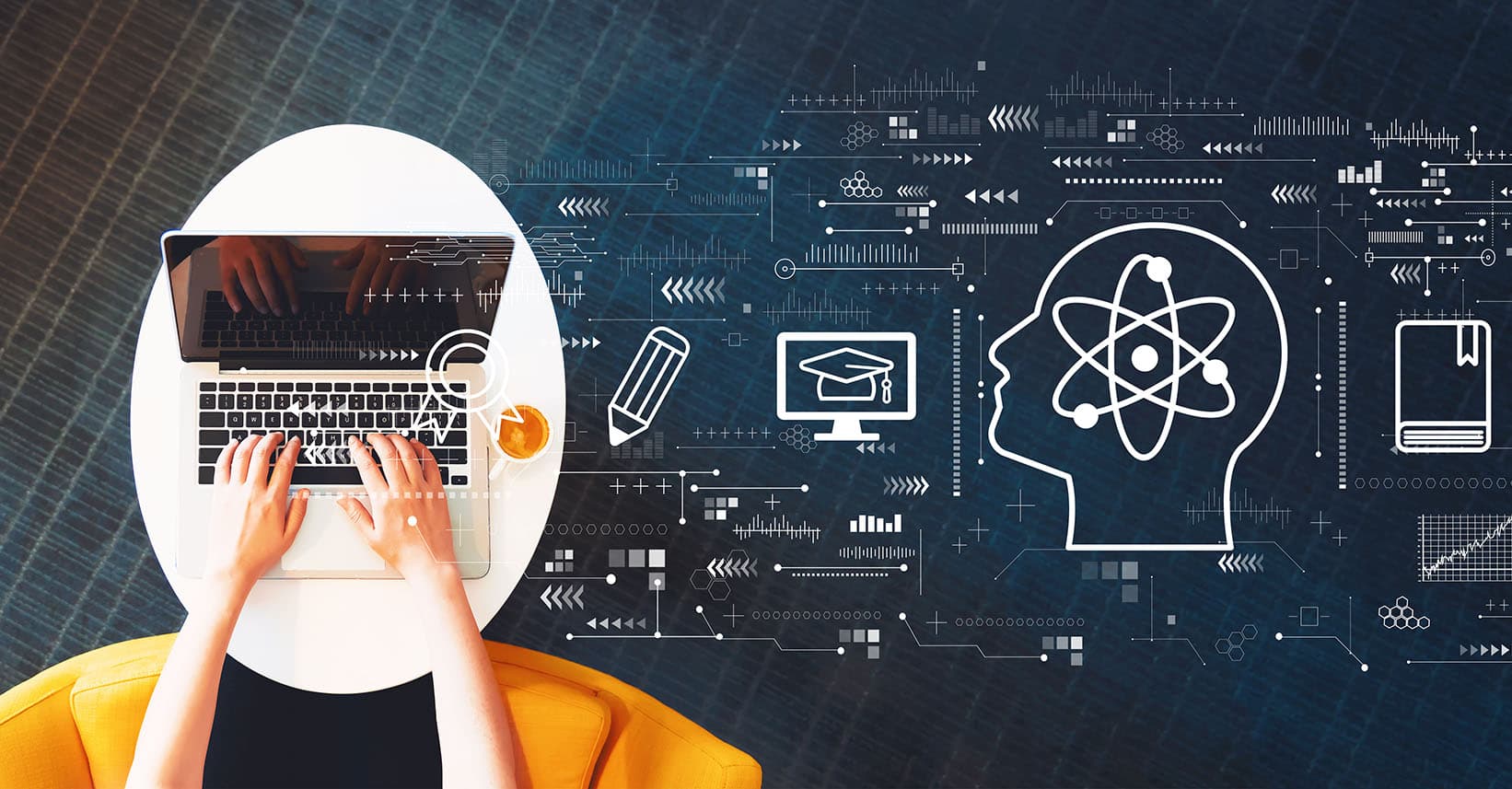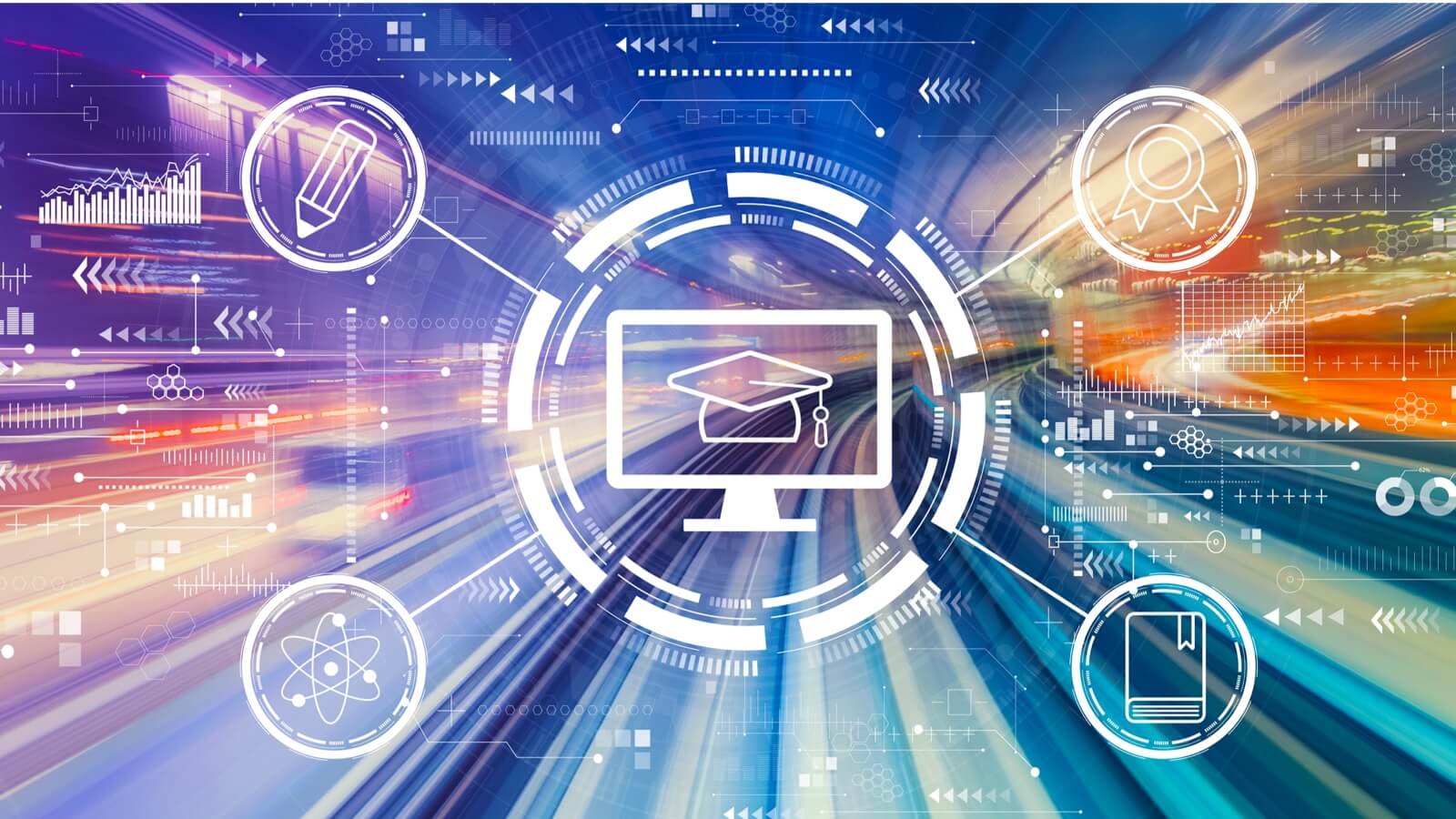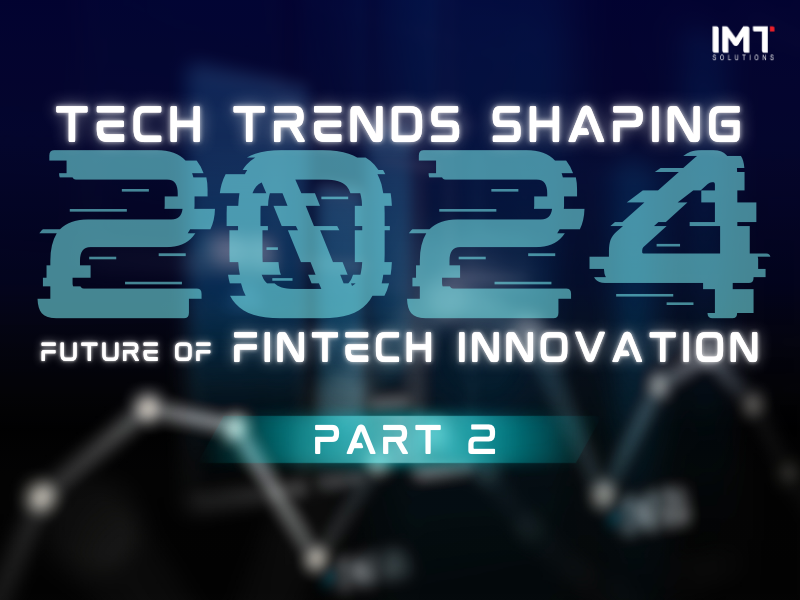Future of Digital Transformation in Education Technology
Digital transformation in education technology is revolutionizing the way we teach, learn, and manage educational institutions. This transformation is not just about incorporating new tools but about fundamentally rethinking how knowledge is delivered and acquired. As we move further into the digital age, understanding the current landscape and predicting future trends becomes crucial for educators, and students. Now, we’ll delve into the future of digital transformation, highlighting the trends that will shape the next decade and the impact on educational equity.
Introduction to Digital Transformation in Education
Concept and Importance
Digital transformation in education technology is the process of applying digital technologies to change and enhance the effectiveness of teaching, learning, and educational management. This not only involves the use of technology devices such as computers, smartphones, or online learning software but also the integration of intelligent systems, Artificial Intelligence (AI), Big Data, and other advanced technologies into the entire Education Technology system.
It plays a crucial role in creating a more flexible learning environment. Thanks to digital tools, learning is no longer confined by space or time. Students and teachers can access learning materials and conduct educational activities remotely with ease. This not only expands access to education but also fosters the personalization of learning, allowing students to study at their own pace and in their own style.

Moreover, digital transformation enhances the management and operational capabilities of education technology institutions. Modern Learning Management Systems (LMS) enable administrators to monitor learning progress, assess teaching effectiveness, and optimize the use of resources. For example, data on students’ performance can be automatically analyzed to suggest improvements in the curriculum.
The Relationship between Digital Transformation and Education Technology
Educational technology is one of the sectors that benefit greatly from digital transformation. In the past, education was mainly based on traditional teaching methods such as in-person lectures and printed materials. However, with the advancement of digital technology, education has made significant progress by integrating online learning tools, management software, and advanced technology devices.
Read Opportunities and Challenges: Digital Transformation in Education
The relationship can be seen through the use of technologies such as online learning, artificial intelligence, big data, and virtual reality in teaching. Digital transformation helps education technology evolve towards automation, personalization, and increased interaction. For instance, online learning applications can automatically track students’ progress and provide lessons tailored to their individual abilities. Virtual reality also allows students to experience real-life learning situations that they previously could only learn through textbooks.
Digital transformation is not merely about adding technology to the learning process, but it represents a complete change in how we approach and convey knowledge. This means that education does not only focus on transmitting information but also creates diverse and rich learning opportunities, encouraging creativity and self-directed learning among students.
In general, digital transformation in education technology not only opens up new opportunities for students and teachers but also contributes to the sustainable development of the global education system in the digital age.
The Future of Digital Transformation in Education Technology
Predictions of Digital Transformation Trends in the Next 5-10 Years
Digital transformation in education technology is not just a temporary trend but an essential part of global education development. In the next 5-10 years, we can expect significant growth in technologies such as Artificial Intelligence (AI) and Machine Learning. AI will play a vital role in personalizing learning paths for each student. Learning systems will become increasingly intelligent in recognizing learning needs, making recommendations, and even creating personalized learning content based on student data.
Virtual Reality (VR) and Augmented Reality (AR) will become more prevalent, allowing students to experience real-life learning environments without leaving the classroom. These technologies have the potential to deliver more dynamic and interactive learning experiences, thereby enhancing students’ ability to absorb knowledge. At the same time, Blockchain technology is also predicted to improve security and transparency in managing student records, diplomas, and certificates, helping to prevent fraud and create a secure system for educational data storage.

Additionally, the development of the Internet of Things (IoT) will make smart classrooms more widespread. Connected devices and sensors will enable more efficient classroom management while providing a more flexible and dynamic learning environment. When integrated into education, these technologies will reshape teaching and learning methods in the future, bringing many benefits in terms of personalization, learning experiences, and educational management.
Changes in the Roles of Teachers and Students
Digital transformation not only affects technology but also changes the roles of teachers and students in the educational process. Teachers, who were once traditional lecturers, will transition to the role of digital guides. Instead of merely delivering knowledge in a one-way manner, teachers will support students in exploring, researching, and discovering knowledge through digital tools. In this context, teachers become facilitators, helping students effectively use education technology tools to access knowledge more proactively.
Read Case study: School Management System (SMAS)
Students will also become more self-directed learners with the support of technological tools. They will manage their own learning paths, from choosing content and setting their learning schedule to determining learning methods. This helps students develop critical thinking and problem-solving skills while encouraging creativity and lifelong learning. Furthermore, technology will facilitate community learning, increasing collaboration among students through online platforms where they can share knowledge and work in groups effectively.
The Impact of Digital Transformation on Educational Equity
Digital transformation not only improves the quality of education but also has the potential to enhance equity in access to education. Thanks to online learning platforms and digital learning materials, students everywhere can access education without being limited by geography or economics. This is particularly important for remote areas, where traditional learning conditions are still challenging. However, digital transformation also presents a major challenge in terms of inequality. Areas lacking internet connectivity, technological devices, or digital skills are at risk of being left behind in the digital transformation process. This can lead to an increasing gap between those who have and those who do not have access to technology.
To promote equity in digital education, governments, and educational organizations need to focus on investing in technological infrastructure for underdeveloped regions. At the same time, it is essential to provide digital skills training for teachers and students to ensure everyone can access and take advantage of the opportunities that technology brings. Only then can digital transformation truly become a tool to eliminate inequality in education.

The integration of advanced technologies is set to revolutionize the educational experience, making it more personalized, interactive, and accessible. However, this transformation also presents challenges, particularly in ensuring that all students, regardless of their geographic or economic background, can benefit from these advancements. When investing in infrastructure, providing digital skills training, and fostering a culture of innovation, we can harness the full potential of digital transformation in education technology. This will not only enhance the quality of education but also contribute to the equitable and sustainable development of the global education system, ensuring that every student has the opportunity to succeed in the digital age.








